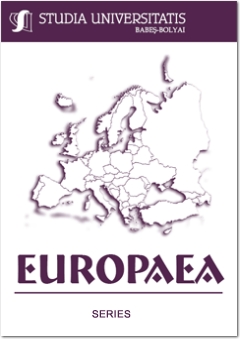MARKET AND STATE POWER IN CONTEMPORARY CHINA. IS THERE A NEOLIBERAL SHIFT IN THE POST-MAO ERA?
MARKET AND STATE POWER IN CONTEMPORARY CHINA. IS THERE A NEOLIBERAL SHIFT IN THE POST-MAO ERA?
Author(s): Ana Gabriela PanteaSubject(s): Economy
Published by: Studia Universitatis Babes-Bolyai
Keywords: China after Deng; economic liberalization; guanxi; ideology; Legalism; market socialism; neoliberalism.
Summary/Abstract: The aim of the present paper is to question the so-called neoliberal shift of the post-Mao era, apparently dominated by its the core principles: the liberalization of the market, decentralization and reduction of state power. Since the reform period of Deng Xiaoping, a new form of governance has occurred, generating at least two new phenomena: (1) the transfer of power of former local and central Party officials into the new economical sector (resulting in a new and powerful social class), (2) the increase of income inequality and the pauperization of some formally stable working classes. Although the Chinese political elites still show commitment to socialist values and the firm way of control, they achieved the aim of developing a richer state through market-driven principles, but paying the high cost of social conflicts. In addition, the new hybrid governance still uses traditional trustful personalistic ties (gunaxi) in business and public sector, as well as authoritarian methods to achieve its normative goals: a wealthier and more equal society. Thus, the claim of a neoliberal makeup of China will be contested.
Journal: Studia Universitatis Babes-Bolyai - Studia Europaea
- Issue Year: 60/2015
- Issue No: 1
- Page Range: 23-38
- Page Count: 16
- Language: English

